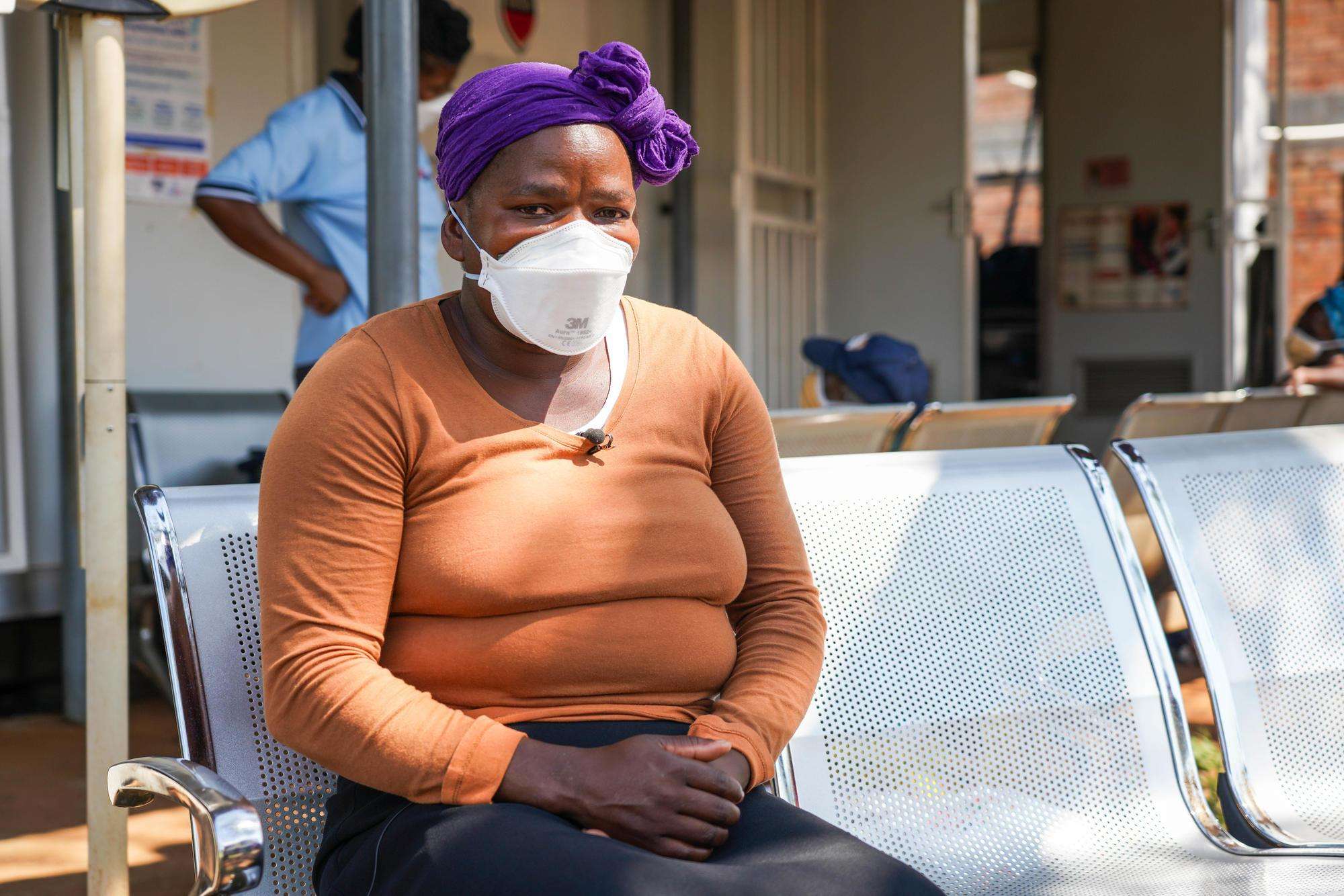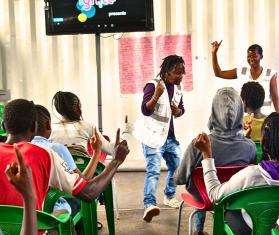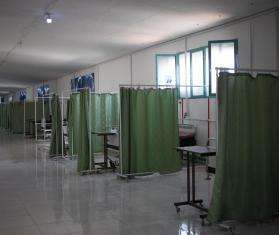NEW YORK, SEPTEMBER 18, 2018—The World Health Organization (WHO) released its annual Global TB Report today, one week before heads of state will convene at the United Nations’ first-ever High-Level Meeting on Tuberculosis (TB) on September 26. The report highlights sluggish global progress on TB, indicating that countries will not be able to meet targets set in WHO’s “End TB” strategy to end the global epidemic.
Sharonann Lynch, HIV & TB policy advisor for Doctors Without Borders/Médecins Sans Frontières’ (MSF) Access Campaign, made the following statement about the report:
“The latest TB epidemic figures are a shameful report card reflecting the world’s failure to confront this curable disease that continues to kill more than a million and a half people each year. Governments continue to tackle the world’s deadliest infectious disease with lethal mediocrity. Seven years in a row now, about 40 percent of people with TB persistently remain undiagnosed when we have the means to do so much better. If we’re not even diagnosing people with TB, how are they supposed to get treated?
“The world’s leaders must seize the opportunity of the first-ever TB summit to curb and reverse TB’s deplorable trajectory. The TB summit must be a reckoning of these global failures and must not simply restate earlier promises to end TB by 2030. Such promises mean nothing if the governments do not commit to test and treat more people tomorrow and provide significant funding to bring out affordable new treatments, diagnostics, and vaccines. Millions of people with TB around the world are waiting for the political commitment to turn this epidemic around and stop the senseless deaths and suffering caused by the disease. It’s time to smash the TB status quo—what are we waiting for?”
TB remains the world’s leading infectious disease killer, taking 1.6 million lives in 2017—compared to 1.7 million in 2016—with 10 million people developing TB in 2017. Of grave concern are the prevailing gaps in diagnosing and treating people with TB; in 2017, 64 percent people with TB were diagnosed and their cases reported, compared to 61 percent in 2016. Among people with drug-resistant TB (DR-TB), 25 percent of people who were diagnosed were also treated in 2017, which is only three percent more than those who were in 2016.
WHO will also release new treatment guidelines for DR-TB this year, which will recommend using the newer drug bedaquiline as part of the core treatment regimen—a drug that remains out of reach for many because its company, Johnson & Johnson, charges too high of price and has failed to register the drug widely, including in many high-burden TB countries.




